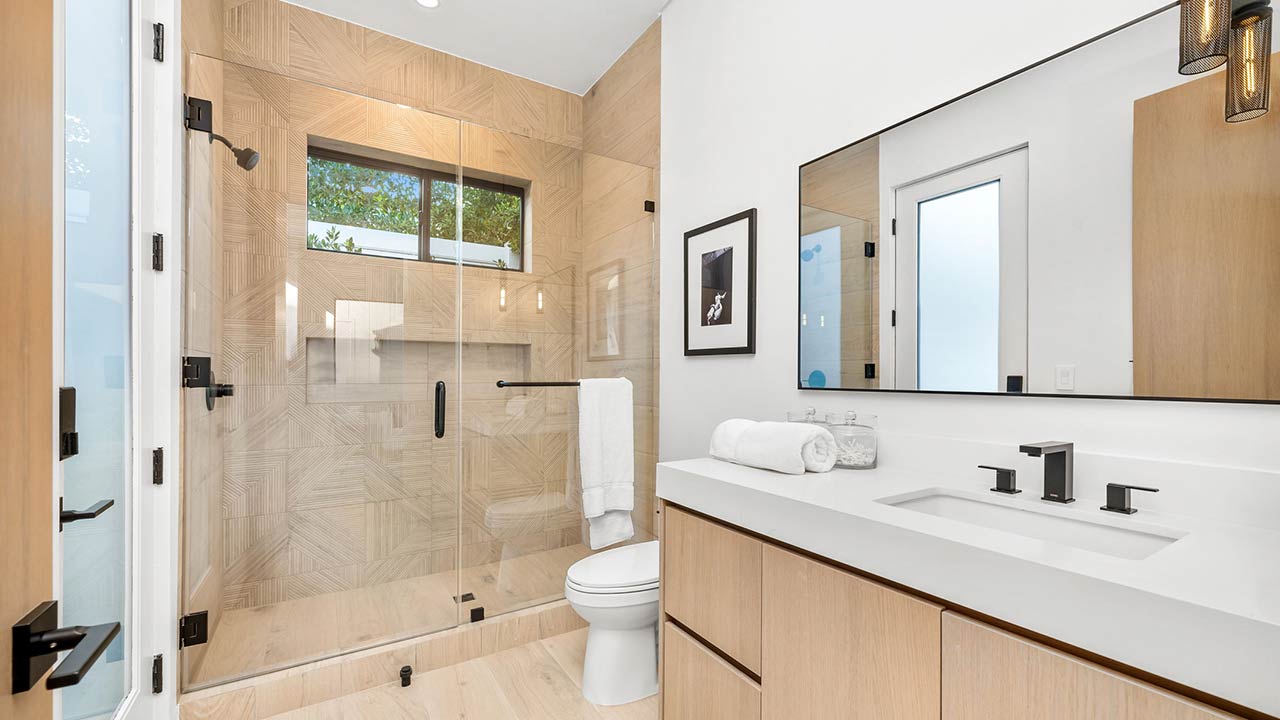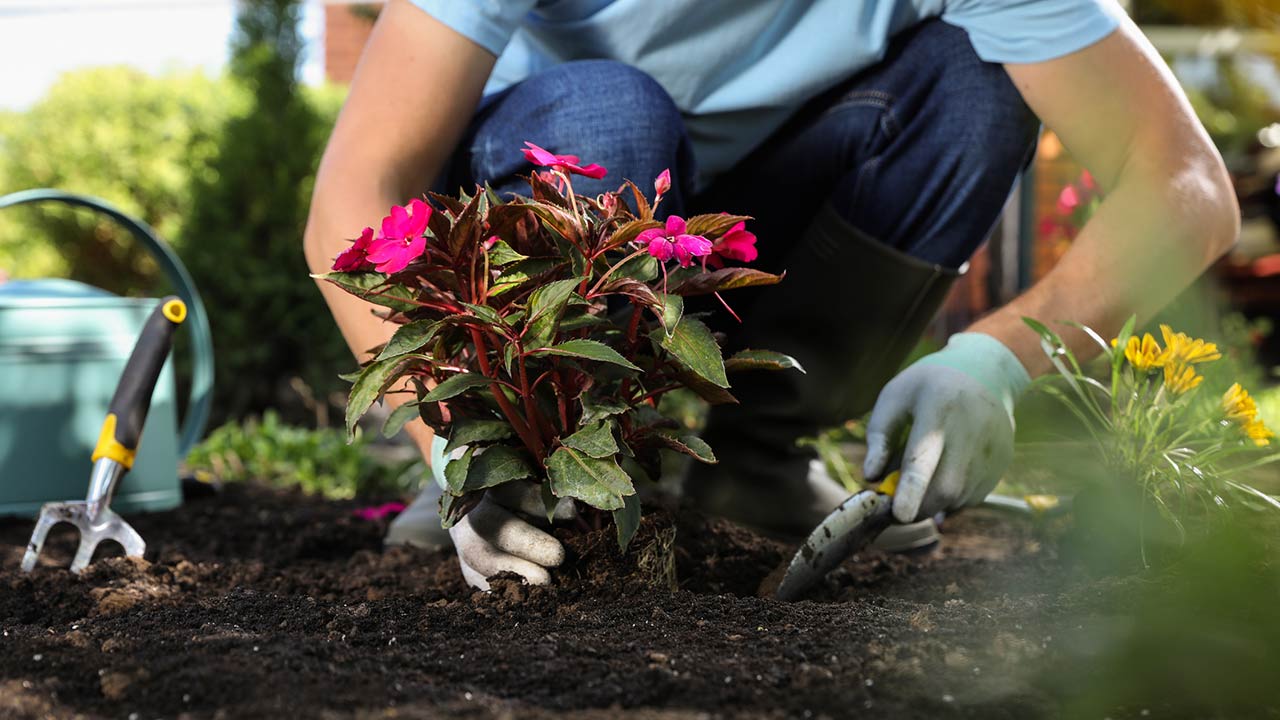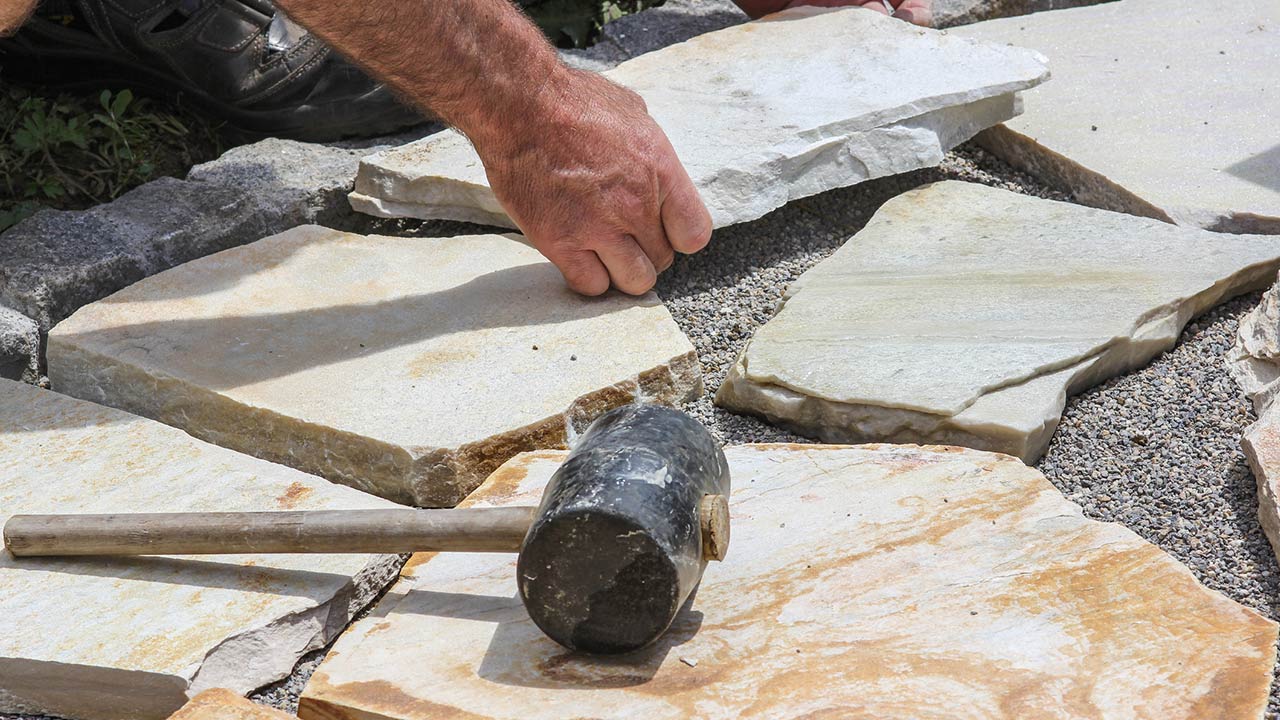Don’t Do These Things Before Closing on a Home

You’ve found the home of your dreams, put in an offer, and the sellers accepted.
The agreement to purchase is signed, and the closing date is set. You’re ready to crack open that bottle of champagne to celebrate. Then you make a questionable move that could potentially steer the process of closing right off its tracks.
Even if closing day is just around the corner, you’re not exactly out of the woods quite yet. There are a number of blunders that you can make that will put finalizing the transaction at grave risk.
Quitting or Changing Jobs
Some clients will actually call their agents in the middle of escrow to tell them that they’ve either changed jobs, or quit their jobs altogether. And all the agent can do is cringe.
That’s the last thing you want to do if you’re depending on a lender to approve your mortgage. Being unemployed for any period of time or giving up a secure job in favor of becoming self-employed will only make your lender more uneasy about loaning you any money.
Lenders would much rather see a borrower with a steady job history. If you decide to make a job switch right before the house closes, it could put everything in limbo while your lender takes a second look at your current financial position.
Blowing Cash on Big Expenses
If you’re patiently waiting for closing day to come and go, do yourself a favor and resist the urge to make a huge expenditure – forget the new car, new appliances, or new furniture until after closing. This is especially true if you’ll need to put the purchase on credit or take out a loan to finance this expense.
Big expenditures like these that are on credit will do nothing but pile on your debt, which will have a negative impact on your debt-to-income ratio (a calculation that measures how much of your monthly income is dedicated to paying debts). This ratio plays a huge role in helping the lender determine if your mortgage will be approved or not.
Even if you pay these items in cash, you could still find yourself in hot water. Lenders look to see how much cash reserves you have when considering a mortgage approval. Instead, keep your credit card balances low and don’t tack on any new debt to your books while you’re still being considered for mortgage financing.
Opening New Credit Card Accounts and Closing Old Ones
Opening up new credit cards just before closing on your new house could have a negative effect on your credit score. This will make it look like you need additional credit to pay off future big expenses, or that you have intentions on adding further credit debt to your books.
If you’ve got old accounts that you never use, don’t close them. Having “old” debt can actually be a good thing – it helps to build your credit history which is exactly what lenders want to investigate when they consider you for a mortgage.
To reiterate here, don’t make any financial moves that will compromise your financial health until after you’ve secured a mortgage.
Making Late Bill Payments
This is a huge no-no for anyone, whether or not a new home purchase is in the works. If you’re waiting for your home purchase to close, make sure you stay on top of your bill payments.
Whether it’s a bill to the utility company, cable company, or anything else you’re responsible for making regular payments for, and be sure to make the payments on time and in full every single month. Making even one late payment can wreak havoc on your credit score, which will do nothing to win you points in the eyes of your lender.
Don’t make any moves (financially speaking) while you’re waiting to get the keys to a home you just agreed to buy. Even one slip up can cost you the home of your dreams. Speak with a licensed mortgage specialist or real estate agent to find out what you should – and shouldn’t – be doing while you’re waiting in escrow to ensure you’ll be drinking that champagne on the designated closing day.











